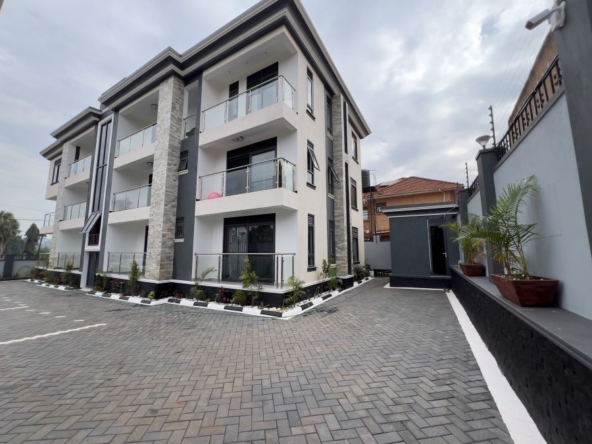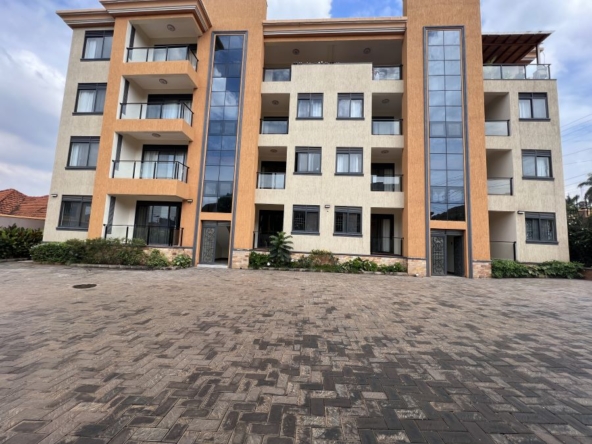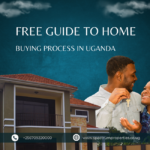MORTGAGE FAQs IN UGANDA
If you want to know about mortgages, you’re in the right place! This guide will explain everything you ever wanted to know about mortgages, and more besides. Read on for the full-bodied, comprehensive detail.
What is a mortgage?
How do mortgages work?
How to get a mortgage
Mortgage types explained
Specialist mortgages
Mortgage for Buying an Off-Plan Property
- What is a mortgage? A mortgage is the kind of loan you need if you want to borrow money to buy property or land. Mortgages can last for as little as a couple of years or as long as 40 years. When a mortgage provider lends you money to buy property, the loan is secured against the property until it has been repaid. Because a mortgage is a loan secured against your property, a lender can repossess your home if you fail to keep up your repayments or breach the terms of the agreement. If you fail to meet your repayments the lender can claim ownership of your home and sell it to get their money back.
- How do mortgages work? When you get a mortgage, the mortgage provider lends you money to buy property. This money is called the capital and the lender will charge interest on the capital you borrow until the whole amount is repaid. There are two different ways you can repay your mortgage capital: Through a repayment mortgage: Each month your mortgage payment will cover the interest you owe and repay a portion of the capital. At the end of the mortgage term, the capital should have been repaid in full and you will own your home outright. Through an interest-only mortgage: Your monthly mortgage payments will only cover the interest you owe on the capital you have borrowed. You will pay the interest element of the loan every month for the duration of the mortgage term and, at the end of the agreement, you will still owe the amount you initially borrowed.
- How to get a mortgage: When you apply for a mortgage, lenders will be looking at your age, how you earn your income, the type of property you want to buy, the deposit you have and more. They calculate your mortgage affordability, factoring all these things into the equation to decide whether they are able to lend to you and on what terms. There are various ways to make your mortgage application: Apply directly through a bank or building society; this will mean you can only select the products they offer. Apply through a mortgage broker; they will compare all the different mortgages on the market, a lot from lenders you’ll never even have heard of, and help make sure you get the best mortgage deal for you, which could save you money both in the short and the long term. Whole-of-market brokers, in particular, often have access to mortgages which aren’t typically available directly to the public.
- Mortgage types explained? The first mortgage decision you’ll make is deciding between a repayment mortgage and an interest-only mortgage. Your next choice might be more tricky because there are multiple types of mortgage products available from dozens of different lenders. In a bid to keep things simple, here’s a list and brief explanation of all the different types of mortgage: Fixed-rate mortgage: rate of interest charged is fixed for a set number of years. The rate is usually fixed for between two and five years, but some lenders offer fixed-rate mortgages of 10 or 15 years and longer. These mortgages can be good if you want certainty over how much your mortgage will cost as the amount of money you spend on your mortgage during the specified fixed-rate period won’t fluctuate. Standard variable rate (SVR) mortgage: pay the standard rate of interest charged by the mortgage provider. Interest rates can fluctuate at any time during the mortgage term, usually in line with the Bank of Uganda base rate. The benefit of SVR mortgages is the freedom you have to switch to a better deal at any time due to there being no fixed-rate tie-in period. Capped rate mortgage: similar to variable rate mortgages but the provider places a cap on the highest rate of interest you can be charged and, sometimes, a collar on the lowest rate. Offset mortgage: link your mortgage account to another bank account and use the money you have in this account to reduce the interest you pay on your mortgage. They work by offsetting the interest of your savings against your mortgage, you pay interest on the mortgage balance minus the amount of money you have in savings. Flexible mortgage: enjoy a greater degree of flexibility with how you repay your mortgage. Flexibility will vary by provider and product, but usually you can change your monthly payment amount, repay early, take back cash you have paid in or take a payment holiday. All without penalty. Remortgages: when you have one mortgage and switch it to another lender, usually in pursuit of better terms, a lower interest rate or to borrow more. Joint mortgages: This is when two people apply for a mortgage together and both are named on the deeds, either as joint tenants or tenants in common. It can be possible to transfer a mortgage from joint names to a solo arrangement.
- First-time buyer mortgages. If you’re a first-time buyer, you’ll be inundated by offers from high street banks keen to get your business. If you’re new to mortgages and the ways they work, it can be wise to get independent help from a whole-of-market mortgage advisor. They will be able to assess your situation and make sure you get the best available deal.
The mortgage types we have explained above will be available to you but, depending on your circumstances, you may want to consider other ways you can get on the property ladder. Many lenders require a minimum of between 10 to 25% deposit when you apply for a mortgage - Buy-to-let mortgages. If you want to buy a property to rent out and you need to borrow money, you’ll need a buy-to-let mortgage. Most buy-to-let mortgages are offered on an interest-only basis, with the intention that you meet the monthly interest payments using the rental income generated by the property.
- Second home mortgages. If you live in a home with a mortgage on it and want to buy a second home, you’ll need a second home mortgage. When you apply for a second home mortgage, lenders will carry out all the same affordability and eligibility checks that they would make on a first mortgage.
Due to the additional affordability issues of maintaining more than one mortgage repayment each month, Uganda mortgage providers tend to be stricter than they might have been first time around. Depending on your circumstances, lenders may require higher deposit amounts and may apply higher interest rates to the new mortgage loan. - Commercial mortgages. A commercial mortgage is the type of loan you need to buy a business premises (either to work from or rent out), for buying a business itself or when you want to raise capital on a commercial premises you already own. Borrowers who take out commercial mortgages are usually businesses, business owners or people looking to borrow more than they can get through business loans.
- Development finance. The term ‘development finance’ is used to describe loans for property development, although it is also a product category in its own right. Development finance is generally offered as a short term, interest-only loan.
While similar to a bridging loan, the way development finance is paid out differs; capital borrowed through development finance for the works is released in staged drawdowns in line with project progress. Most lenders will carry out inspections, and re-inspections, of the site before issuing each capital instalment, to ensure the schedule of work is progressing as planned. - Bridging loans. Bridging finance loans are short term loans you can use to “bridge the gap”, as the name implies, between an urgent need for finance and an alternative, less expensive source of finance becoming available. They can also be a useful way to borrow capital to fund a project when timing is crucial.
While interest rates are generally higher than other types of loan, bridging loans are often quicker to arrange and the terms more flexible. If you want approval for a bridging loan, you’ll need a strong exit strategy and a reliable time-frame which, ideally, you’ll have a way to prove when applying for the loan. - Self-build mortgages. Designed to meet the specific needs of someone who is looking for financing to build a house rather than buying a property that is already built and ready to move into. Self-build mortgages will release money at key stages of construction.
Lenders will generally want assurance that you have either enough experience to build the property yourself, or have the required skill to project manage and supervise construction. If you cannot reassure lenders of this, you would need to hire a contractor or building expert to manage the build on your behalf. - Mortgage for Buying an Off-Plan Property. Buying a home that doesn’t exist sounds kind of crazy, but it could mean owning the property of your dreams. The process of getting a mortgage for an off-plan property can be overwhelming and some banks can be reluctant to lend, especially if certain materials are used throughout the build. The good news is that banks work with developers who have extensive knowledge about developing off-plan, including the process, risks, tips and the lenders who are most likely to approve you.











